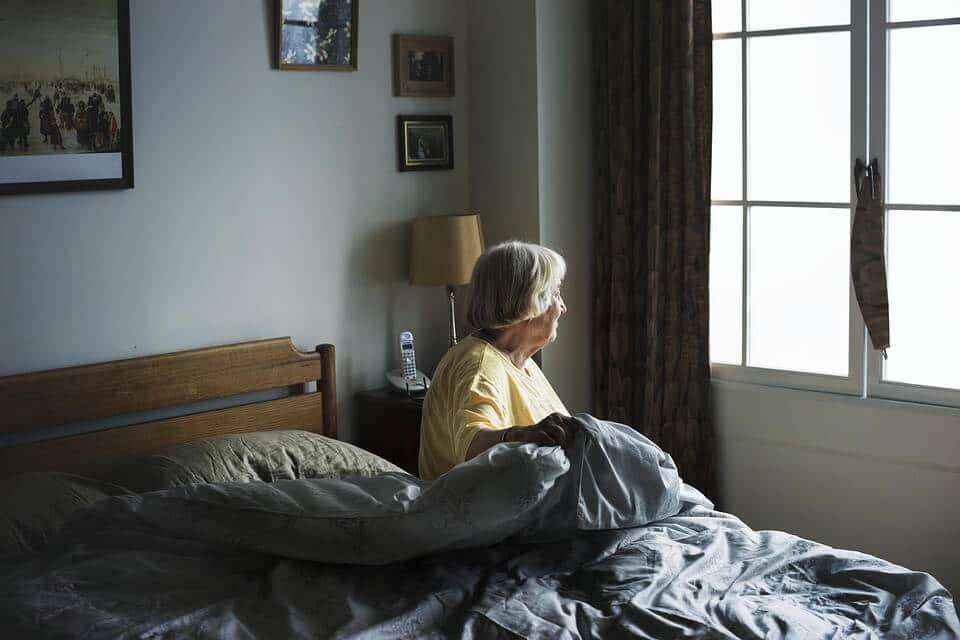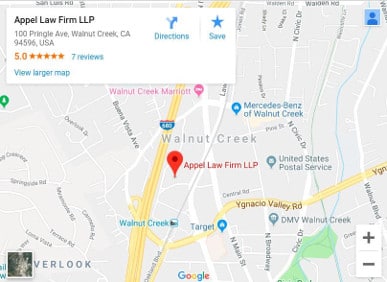
For senior adults living in skilled nursing facilities, federal law provides protection against various forms of mistreatment, including physical, sexual, financial and mental abuse, corporal punishment and involuntary seclusion.
Main Takeaways:
- Involuntary seclusion includes confining, isolating or restricting a senior adult to her room or to a specific area in a nursing home.
- It is illegal for a skilled nursing facility to use physical or chemical restraints unless they are needed to treat medical symptoms.
- If your loved one is in a nursing home, there are signs you should look for if you believe they are being neglected or secluded.
California Nursing Home Residents Rights
State laws also protect seniors from abuse in nursing homes. In California, the law guarantees a number of rights to nursing home residents, including:
- The right to be treated respectfully and with dignity.
- The right to quality care and fair treatment.
- The right to have relatives or a legal representative act on their behalf when needed.
- The right to privacy, confidentiality and visits with family and friends.
- The right to choose and participate in religious, social and community activities.
- The right to express grievances without fear of retaliation.
- The right to refuse any type of restraint, except in emergency situations.
Under the law, nursing home staff may not restrain or seclude residents for discipline or for their own convenience.
What Is Involuntary Seclusion?

Confining, isolating or restricting a senior adult to her room or to a specific area in a nursing home constitutes involuntary seclusion. The term also applies to restricting a senior’s ability to interact, communicate or associate with others as desired.
In some situations, monitored separation from other residents may be permissible. For example:
- In an emergency.
- As part of a medical care plan when other interventions have not worked.
- As a method for de-escalating problematic behavior until the facility can develop a care plan.
- When a resident’s presence in a certain area of a facility would endanger health or safety.
Except in very rare circumstances, however, Medicare regulations state that nursing home residents have the right to be free from involuntary seclusion by nursing home staff, other residents, volunteers, consultants, family members or legal guardians, and others. In addition, residents have the right to be free from chemical or physical restraints — including mechanical or physical devices, materials or equipment — that restrict movement.
Restraints and Involuntary Seclusion Abuse

It is illegal for a skilled nursing facility to use physical or chemical restraints unless they are needed to treat medical symptoms. Nursing homes are prohibited from using such restraints as punishment or for staff convenience. Unless residents are deemed a danger to themselves or others, they have the right to refuse the use of physical or chemical restraints. Residents or their loved ones who believe a nursing home has illegally used involuntary seclusion, chemical restraints or physical restraints should contact an experienced elder abuse attorney.
The following situations may indicate that physical or chemical restraints have been used in a nursing home:
- There is evidence of sedation.
- The resident goes to sleep at a time that is uncharacteristically early.
- Bruises or other marks are visible on wrists, ankles or across the chest.
- An individual reports being sedated, tied up or not allowed free movement.
Signs of Seclusion or Neglect

A senior adult may be the victim of neglect when a caretaker fails to make reasonable efforts to:
- Protect the senior from abuse.
- Provide appropriate care, services and supervision for maintaining health and emotional well-being.
- Prevent the risk of physical harm, loss of personal dignity, significant emotional damage or unreasonable discomfort.
Warning signs that a senior may be the victim of involuntary seclusion or neglect include:
- Being left alone in an unsafe or isolated location.
- Not being allowed to see or talk to people as expected.
- Being kept away from areas in a nursing home where others may go.
- Not being allowed to use a telephone or to send or receive mail.
- The presence of health and safety hazards — including dirt and the smell of feces or urine — in the individual’s living environment.
- The presence of rashes, lice or sores on the individual.
- Sudden weight loss or evidence of dehydration or malnourishment.
- Medical conditions that are untreated.
- Poor skin hygiene or poor condition of the skin.
- Soiled bed linens or clothing items.
Speak to a Qualified Attorney About Elder Abuse
Have you or a loved one been the victim of nursing home abuse, including involuntary seclusion or the use of physical or chemical restraints? A qualified elder law attorney can assist you with the legal guidance to achieve resolution and rightful compensation for any harm caused. Contact the experienced attorneys at Appel Law Firm LLP for a free consultation.
